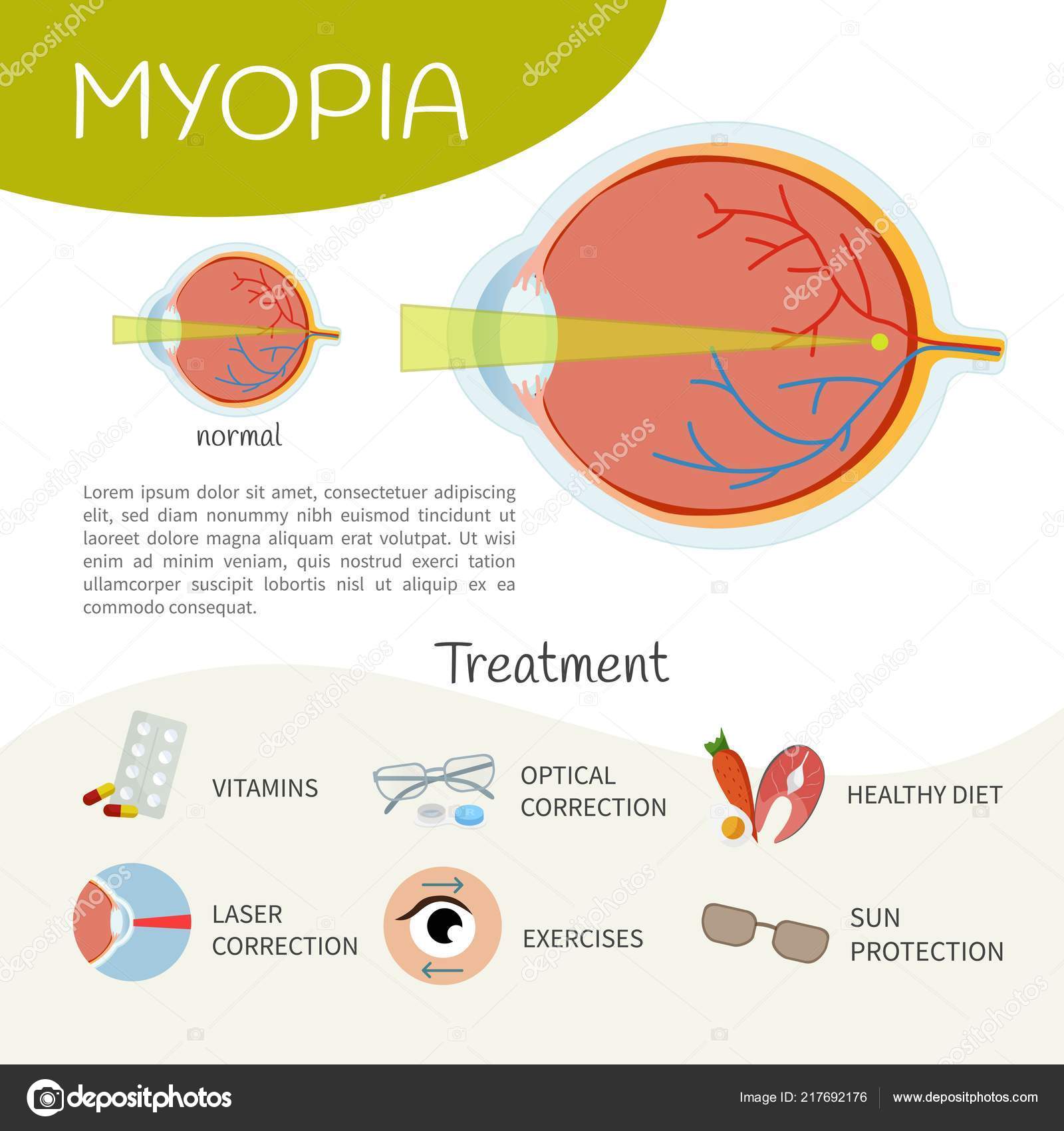Refractive Lens Exchange Explained: What Your Eye Doctor Isn't Telling You

Article By-Valentin Dean
Have you ever before thought about Refractive Lens Exchange (RLE) as an alternative for vision adjustment? While it isn't as commonly discussed as LASIK, RLE could be a game-changer for your sight. https://drive.google.com/drive/folders/1K9TE7gKk7v2UtteDb5pa2aX5VB4bzyVD?usp=drive_open forget its benefits, assuming standard techniques are their only option. Yet what are the actual advantages, and what might your optometrist not be informing you about this treatment? Allow's explore the ins and outs of RLE together.
Understanding Refractive Lens Exchange: The Essentials
Refractive lens exchange (RLE) is an operation that can considerably improve your vision, especially if you're dealing with presbyopia or extreme refractive mistakes.
During RLE, your eye specialist eliminates your eye's all-natural lens and changes it with an artificial one tailored to your vision needs. This procedure can deal with nearsightedness, farsightedness, and astigmatism, giving you clearer vision without counting on glasses or call lenses.
The surgical procedure is usually fast, taking less than an hour, and many people experience very little discomfort. Recuperation is reasonably fast, allowing you to go back to your daily activities quickly after.
If you're considering RLE, talking to your eye doctor can aid you determine if it's the appropriate choice for you.
Trick Differences Between RLE and Conventional Cataract Surgery
While both refractive lens exchange (RLE) and traditional cataract surgery involve changing the eye's all-natural lens, their main objectives and individual accounts vary considerably.
RLE is focused on people looking for to reduce their dependancy on glasses or contact lenses as a result of refractive mistakes, usually before cataracts develop. In contrast, traditional cataract surgical procedure usually targets people that have actually established cataracts, which shadow the lens and hinder vision.
The lenses made use of in RLE can supply a broader range of vision improvement, while common cataract surgical procedure usually involves standard monofocal lenses.
In addition, RLE prospects are frequently younger and in good total health, whereas cataract people might be older and have various other health and wellness concerns.
Selecting the ideal procedure depends upon your specific vision needs and scenarios.
Potential Advantages and Factors To Consider of RLE
If you're taking into consideration refractive lens exchange (RLE), you'll discover numerous potential advantages that may improve your quality of life.
RLE can provide you with clearer vision, minimizing or removing the demand for glasses or call lenses. It supplies a chance to address presbyopia and various other refractive mistakes concurrently, frequently boosting your total visual acuity.
Additionally, RLE can be a great option if you're not an ideal prospect for LASIK. However, it is essential to weigh the considerations, like the price, potential threats, and the recovery duration.
Reviewing your certain requirements with your ophthalmologist can assist you make a notified choice, ensuring you select the best course for your vision modification.
Conclusion
In conclusion, refractive lens exchange offers a special remedy for vision correction that surpasses what LASIK can give. Advanced Eye Surgery Northern Colorado to consider the benefits against possible risks and costs prior to making a decision. Don't wait to ask your eye doctor the difficult questions to ensure you completely recognize the procedure and its effects for your vision. With the ideal information, you can confidently pick the best choice for your eyes and way of living.

